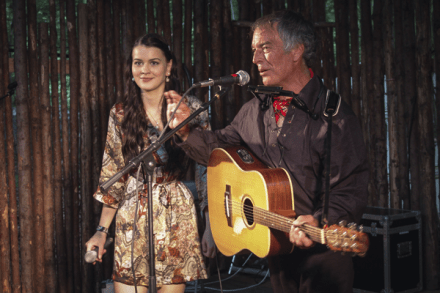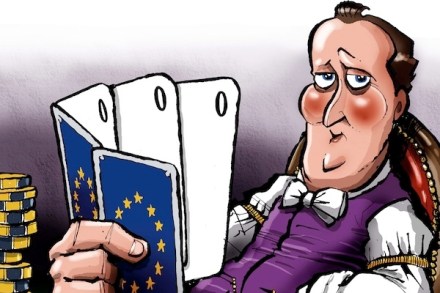Spectator Play: what’s worth watching, listening to or going to this weekend | 24 May 2013
This Saturday’s Eurovision contest was never going to be a triumph for the UK, that much was for certain. What was slightly surprising, however, was the Danish victory with their song Only Teardrops The song might have been one of the favourites to win, but the triumph of what Fraser Nelson described as a collaboration between ‘one of Scotland’s world class folk musicians’ and ‘the voice of a rising star of the Danish folk scene’. In this week’s arts lead Emma Hartley interviewed Eurovision winner Emmelie de Forest’s mentor, Fraser Neill, about the making of a very Scottish performer. Here’s a video of the two of them performing Anne Boleyn






